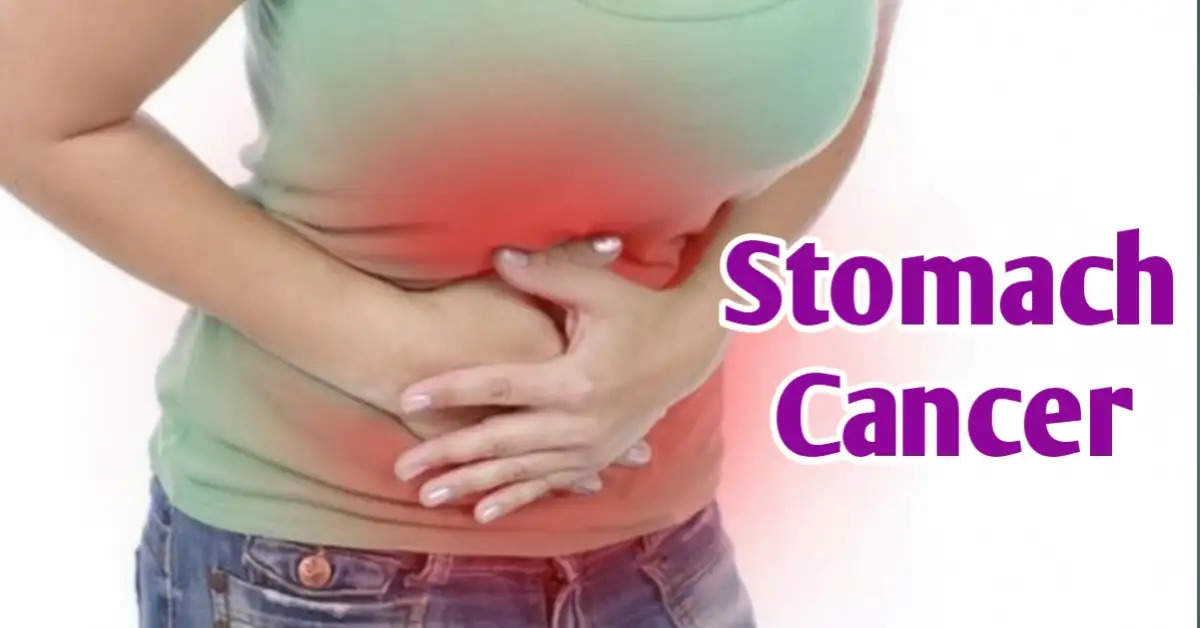Stomach Cancer Diagnosis: Early Detection and Treatment Options

Stomach cancer, also known as gastric cancer, is a group of abnormal (cancerous) cells that form a tumor in part of the stomach.
Symptoms of Stomach Cancer:
There are many symptoms associated with stomach cancer that are also associated with many other serious diseases. Because of this, stomach cancer is difficult to detect in its early stages.
Early symptoms of stomach cancer include the following:
A sudden feeling of fullness while eating.
Difficulty in swallowing food.
Abdominal bloating after eating.
Burning sensation in the chest.
Abdominal pain or chest pain.
Feeling full of wind in the stomach.
Vomiting (may also contain blood).
Symptoms of Stomach Cancer:
Accumulation of fluid in the stomach causes stomach upset.
anemia
Black stool or blood in the stool.
feeling tired
Not being hungry.
Weight loss.
How/why does stomach cancer occur?
Stomach cancer starts when the DNA of a cell in the stomach changes. These changes cause the cells to grow rapidly and after a while the normal cells die, these cells start to grow and aggregate to form a tumor.
Over time, these cancer cells can break away from the tumor and spread to other parts of the body. This process is called "metastasis".
It is not clear why these changes in DNA occur, although several factors have been identified that may increase the risk of lung cancer.
Factors that increase the risk of stomach cancer:
Food rises in the esophagus.
obesity
Too much salt in food.
Reduction of fruits and vegetables in the diet.
Hereditary stomach cancer.
Gastritis.
to smoke
Abdominal polyps.
